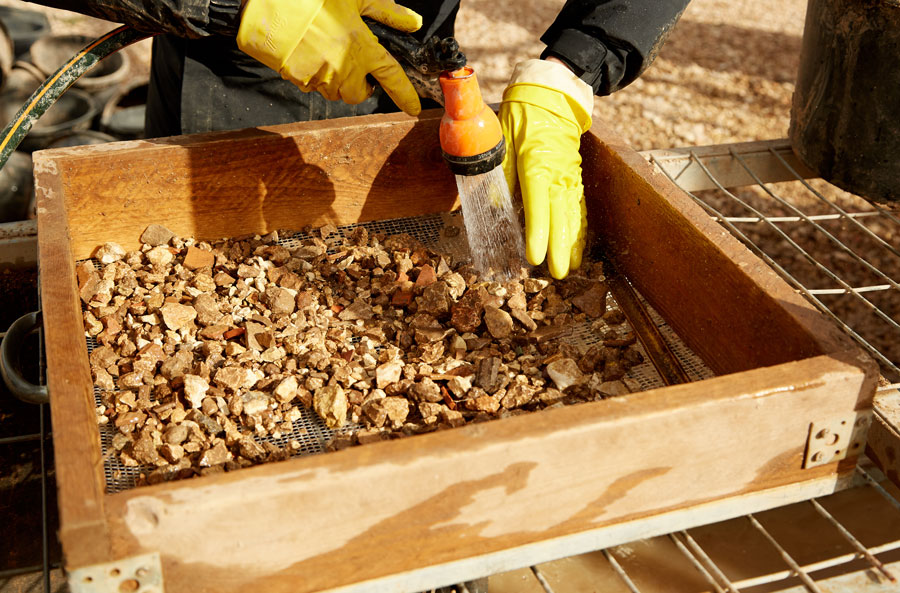Definition
Archaeology is the study of humans through the recovery and analysis of the physical remains of material culture. Archaeologists study artifacts, architecture, biofacts, ecofacts, and cultural landscapes in order to understand human activity. Archaeology is often considered both a social science and a branch of the humanities, and while it is considered a subfield of anthropology in North America, in Europe it is often seen as a primary discipline or a subfield of other disciplines (“Archaeology,” 2018). The changing way in which archaeology is viewed is due in part to the way the discipline has expanded over time in response to legislation designed to protect antiquities during infrastructure development, the growth of museums and their collections, and the global expansion of heritage and cultural tourism (Gosden, Joyce, & Cunliffe, 2013).
Subdisciplines
Archaeology encompasses a number of specialized subdisciplines, including historical, experimental, cognitive and battlefield archaeology, as well as ethnoarchaeology and archaeometry.
In Practice
Archaeologists often work in academia or cultural resource management. Academic archaeologists are typically affiliated with universities or research organizations, while cultural resource management archaeologists often work with government agencies and private companies that need their expertise (Time Team America, 2014).
In Disaster Research
Archaeologists provide insights into how humans have responded to disasters in the past, how disasters have shaped human adaptation, and how disasters can shape cultural evolution, among other research topics (Hastrup, 2013). Thus, disaster archaeology is not limited to the past, and can offer valuable insights in the aftermath of contemporary disasters (for example, September 11, 2001 and Hurricane Katrina) in order to scientifically recover and document human remains, personal effects, and other physical evidence (Gould, 2007).
References
Archaeology. (2018). In Wikipedia. Retrieved August 14, 2018, from https://en.wikipedia.org/wiki/Archaeology
Gosden, C., Joyce, R. A., & Cunliffe, B. (2013). The Oxford Handbook of Archaeology. Oxford: Oxford University Press.
Gould, R. A. (2007). Disaster Archaeology. Salt Lake City: University of Utah Press.
Hastrup, K. (2013). Anthropological Contributions to the Study of Climate: Past, Present, Future. Wiley Interdisciplinary Reviews: Climate Change, 4(4), 269-281. http://dx.doi.org/10.1002/wcc.219
Time Team America. (2014). The Archaeology Family Tree: Deciphering the Disciplines. Rocky Mountain Public Broadcasting Service. Retrieved August 14, 2018, from http://www.pbs.org/time-team/experience-archaeology/deciphering-disciplines/


